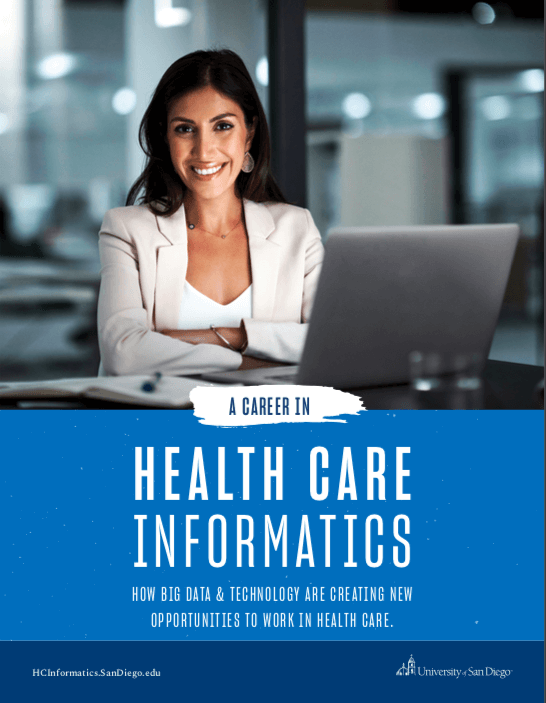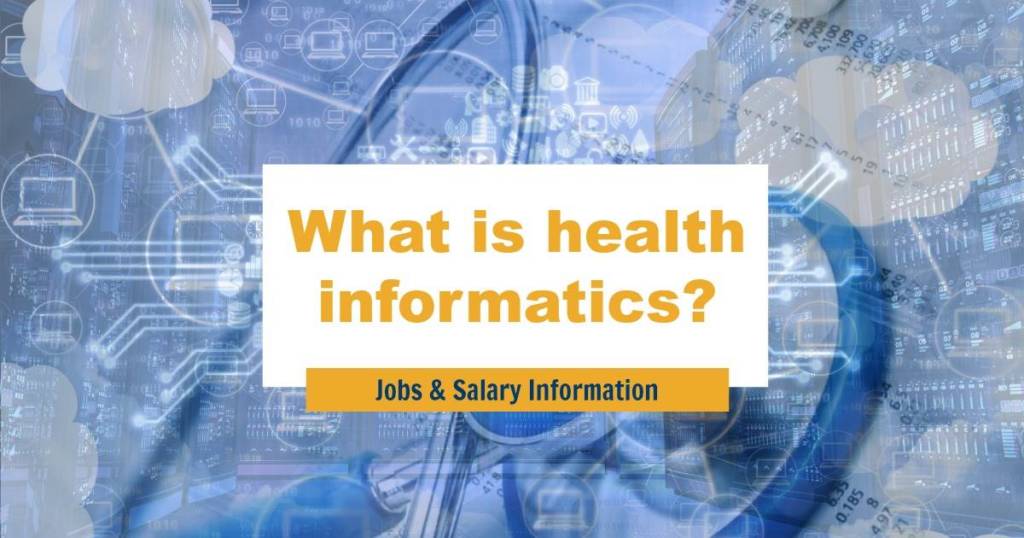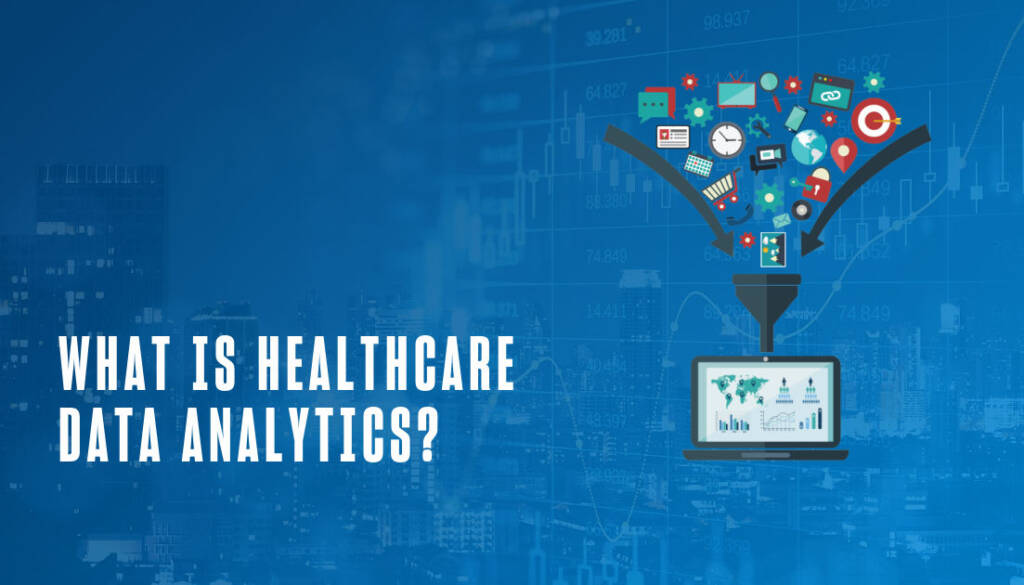Meet Dr. Barbara Berkovich, an Innovator in EHR Development & Education
While 2020 revealed many things, it primarily shed a light on the fragility of our health care systems, and how impactful informatics and population health can be. For Dr. Barbara Berkovich, those two disciplines have been a lifelong passion that fueled her career as an electronic health records (EHR) innovator.
“When you are dealing in the space of electronic health records and population health, you carry a very great power to impact a lot of people’s lives,” said Dr. Berkovich. “And like any technology, it has the potential for good and bad, and we want to make sure we stay on the side of good.”
[RELATED] Discover the 10 technologies that are changing health care for the better >>
From EHR Development to Co-Authoring a Textbook on Applied Population Health
While Dr. Berkovich now serves on the faculty of the Health Care Informatics master’s degree program at the University of San Diego, she spent much of her career in the professional realm, discovering new methods for accurately identifying groups of patients based on standardized codes and terminologies.
“My interest in informatics began when I joined a research team that was using EHRs to revolutionize HIV primary care. We learned that although the newer drugs were extremely effective, there were still challenges to patients maintaining an undetectable viral load,” said Dr. Berkovich. “We set up systems using the EHR to make sure that each patient received the care they needed every single time, and we were very successful, achieving a viral load suppression rate [of] over 90% in a clinic of about 3000 patients.”
This rate of success prompted her to pursue a PhD in Biomedical Informatics, where she worked to find solutions to real-world problems she was experiencing every day in her burgeoning informatics career. Because informatics was and is a relatively new discipline, informaticists were still struggling with creating an effective patient identification process.
“I was working full-time when I chose to pursue my PhD, and I had questions that I was dealing with on a daily basis that nobody had answers to,” said Dr. Berkovich. “Through my study, I learned new principles and methods with which we can more accurately find groups of patients to deliver timely evidence-based health care.”
The new principles and methods to which Dr. Berkovich is referring to are new EHR tools that she designed and built that drive quality and safety outcomes. Sustainable success is demonstrated by meeting and exceeding state and national performance targets. After years of success as Lead Population Health Architect at UC San Diego Health, she was regarded as an expert in sustainable timely operational registries in electronic health records. Dr. Berkovich saw an opportunity to promote these insights among a wider audience interested in using the EHR to deliver high reliability health care.
In 2019, she, along with Dr. Amy Sitapati co-authored Applied Population Health: Delivering Value-Based Care with Actionable Registries, which explains the link between patient registries and clinical decision support. The book also sparked the formation of her consulting company, Applied Population Health, and triggered her desire to transition to academia.
“The idea of work and study, to me, is highly integral,” she said. “It was the work that made me pursue the degree, which informed additional work and study. Now I use that experience and try to pass on new ways of thinking that are just starting to make their way into the mainstream.”
Teaching The Next Generation of Health Data Analysts and Clinical Informaticists
As a Clinical Associate Professor in the Health Care Informatics masters program, Dr. Berkovich is developing and teaching courses in Applied Health Data Analytics and Population Health. Through her role as an educator, Dr. Berkovich is preparing the next generation of health informaticists and equipping them with both the knowledge and skills required to succeed in this evolving profession.
“There is no consensus in the industry about how to go about identifying groups of patients in the EHR based on a clinical phenotype which is often defined by diagnosis and/or laboratory codes. “Understanding the accuracy of those groups is also very important if you are going to perform outreach to the members to improve health,” said Dr. Berkovich. “So, one of my passions is sharing those techniques and that knowledge with a new group of students coming into the field.”
Beyond technical knowledge, Dr. Berkovich also emphasizes practical skills such as communication, critical thinking, and even interviewing in her courses. As a former hiring manager, she has unique insight into what prospective employers are looking for in their candidates.
“I ask my students to write about specific jobs they might apply for, and how their skills match the requirements — or where there might be gaps. We really want them to be successful in moving their career forward, and our faculty is well grounded in the expectations of the health care workplace.”
[RELATED] What is Health Care Analytics? >>
The Future of Health Informatics
Dr. Berkovich believes that the growth of artificial intelligence will emphasize the importance of balancing technology with the human element of clinical care. This juxtaposition is something she feels strongly about sharing with students and health informaticists as a whole.
“We help our students to understand that the person-to-person connection between the patient and caregiver is more real and profound than the algorithms, visualizations and quality measures they may work with on a daily basis,” she said. “Just about anything you do has a negative potential, so being responsible about the way that we utilize these systems is incumbent upon us as people and as a profession. And we will learn not only to be smarter as individuals, but to utilize things like artificial intelligence responsibly, because technology has power.”
Dr. Berkovich is also engaged in a national project for certifying future health informaticists. Similar to the Informatics Board Certification for physicians, it is available to non-medical and non-clinical practitioners who support the technical side of health care research and operations. She has spent the last year working with the American Medical Informatics Association (AMIA) to develop both the review curriculum and the sample questions that cover a body of knowledge related to health informatics. The certification examination and review course is the culmination of a multi-year process to identify and promote core knowledge in the profession.
This professional collaboration excites Dr. Berkovich, fueling her continued passion for growing the field of health informatics and enhancing opportunities for informatics professionals to support and learn from one another. “I get true excitement when I find another person who speaks my language, and I think ultimately that’s what people want from a professional organization — somebody who understands the problems that they face on a day-to-day basis,” she said. “And that enables a kind of sharing, which is wonderful on a professional level, but it’s also an enriching human experience.”




